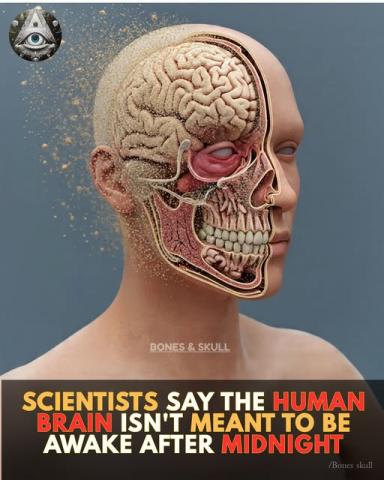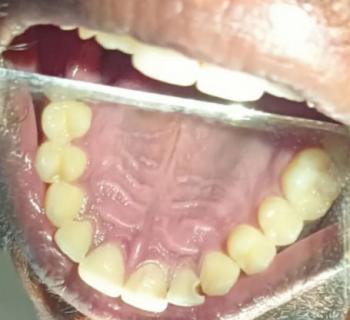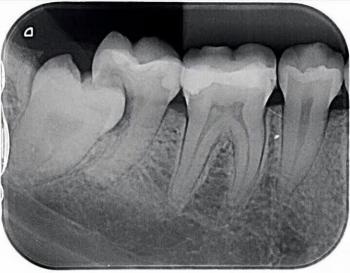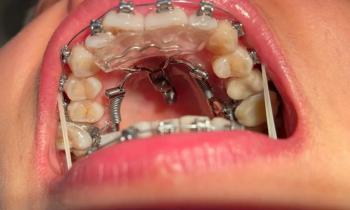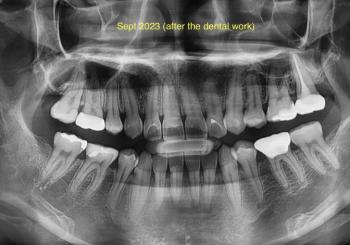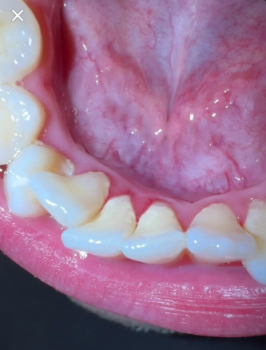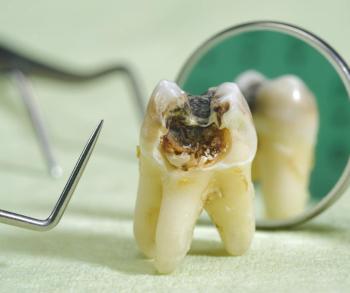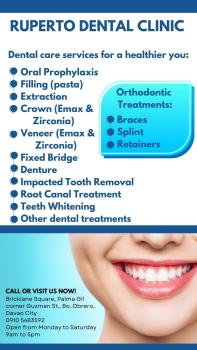Your Smile, Our Passion.
Dental Health Blog: “Why Staying Awake After Midnight Can Damage Your Teeth — The Hidden Link Between Sleep, Stress, and Oral Nerves”
Your brain isn’t wired to be awake past midnight — and your teeth may be paying the price.
According to the “Mind After Midnight” hypothesis from researchers (Tubbs et al., Frontiers in Network Physiology, 2022), staying awake late at night rewires your brain’s chemistry. It increases stress hormones, dulls rational thinking, and drives impulses like clenching your jaw, grinding your teeth, or snacking on sugary foods — all of which can damage your teeth and gums over time.
The Brain–Tooth Connection
Your brain and oral nerves are closely linked. When sleep is cut short, your sympathetic nervous system (the “fight-or-flight” mode) stays active longer. This continuous tension can cause:
-
Teeth grinding (bruxism) during or even after late-night wakefulness
-
Jaw pain or tension headaches
-
Inflamed dental nerves, leading to sensitivity or toothache
-
Increased risk of gum recession and enamel wear
Essentially, lack of rest keeps your body in overdrive — and your teeth become collateral damage.
What Happens After Midnight
When you push past your biological clock, your circadian rhythm shifts. Normally, your body repairs cells and balances hormones during deep sleep. But staying awake disrupts this process, triggering:
-
Dry mouth (less saliva to protect enamel)
-
Cravings for sugar or caffeine, feeding cavity-causing bacteria
-
Impaired healing after dental procedures
-
Lower immunity, making you prone to gum infections
Scientists found that post-midnight wakefulness increases emotional instability, risk-taking, and poor self-care — meaning you’re more likely to skip brushing, snack unconsciously, or neglect dental hygiene.
Long-Term Impact: Nerve Damage and Tooth Decay
Consistent late nights and stress overload the trigeminal nerve, the main sensory pathway for your teeth and gums. Chronic overstimulation may cause:
-
Pulp inflammation (pulpitis)
-
Persistent tooth pain without infection
-
Sensitivity to temperature or pressure
Over time, this can lead to irreversible nerve damage or even tooth loss if left unchecked.
Protect Your Smile While You Sleep
-
Sleep 7–8 hours nightly – Let your body and oral nerves recover.
-
Avoid caffeine or heavy meals after 8 p.m. – These disrupt your circadian rhythm.
-
Wear a night guard if you grind your teeth.
-
Stick to a sleep schedule — Your brain and smile love consistency.
-
Visit your dentist regularly — Early signs of bruxism or nerve strain can be treated before major damage occurs.
The Takeaway
Your smile depends not only on brushing and flossing — but also on how you rest your brain. Staying up past midnight may feel harmless, but at the cellular level, it’s triggering stress that reaches your teeth, gums, and nerves.
So tonight, choose rest. Your brain will restore, your mood will lift, and your smile will stay strong.
Sources:
-
Tubbs, A.S. et al. (2022). The Mind After Midnight: Nocturnal Wakefulness, Behavioral Dysregulation, and Psychopathology. Frontiers in Network Physiology.
-
American Academy of Sleep Medicine (AASM)
-
Journal of Oral Rehabilitation
healthy food:

